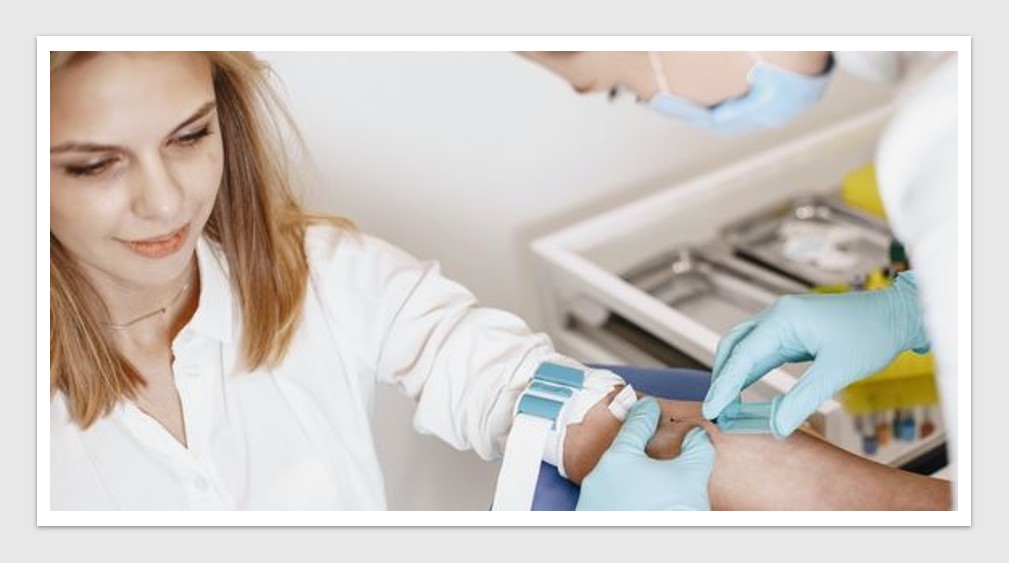News & Trends - MedTech & Diagnostics
Sydney hosts cardiovascular experts as atrial fibrillation cases surge

MedTech & Diagnostics News: Atrial fibrillation (AF) is the most common recurrent arrhythmia in adults is associated with significant morbidity and mortality.
Sydney is poised to become the epicentre of cardiovascular innovation as it welcomes leading cardiologists from around the world for the 2024 Asia-Pacific Heart Rhythm Society (APHRS) conference from September 26 to 29. This event coincides with Atrial Fibrillation Awareness Week, a hearts4heart initiative, marking its first return to Australia in nearly a decade.
The APHRS conference will showcase the latest advancements in electrophysiology, including future technological, clinical, and research breakthroughs. Key players in the arrhythmia field, such as Medtronic, Johnson & Johnson MedTech, Abbott, and Boston Scientific, are expected to be prominent participants.
Associate Professor Chrishan Nalliah, a clinical academic electrophysiologist at MQ Health Cardiology, emphasised the evolving landscape of heart disease management.
“When it comes to heart health management, people often think of implantable devices such as pacemakers, but wearable devices like smart watches and fitness trackers can play a critical role in identifying underlying abnormalities of heart rhythm or other health parameters, which can drastically improve the diagnosis and management of atrial fibrillation.
“If left untreated, atrial fibrillation can increase the risk of stroke, heart failure, and dementia,” Associate Professor Nalliah explained.
Australia leads in AF risk factor management and has significantly contributed to the most recent international AF management guidelines. Yet, nearly 6% of Australians over 55 are living with atrial fibrillation, making it the second most expensive cardiovascular condition in the country, with an annual cost of around $1.4 billion.
Tanya Hall, Founder and CEO of hearts4heart, who will present at the conference, shared her personal journey with AF, highlighting the potential benefits of earlier detection.
“More than 4.5 million Australians use a fitness tracker to monitor steps, sleep, or energy output, but these wearable devices can also be a convenient way to detect heart irregularities. While it’s only an indication, if a wearable device detects an abnormal heartbeat, the user can then visit their GP for a heart check with a stethoscope to determine the reason for the irregularity,” she said.
Dr Robert Perel, a Cardiac Electrophysiologist and Director of Queensland Cardiovascular Group, explained how smart devices empower patients.
“Now patients can visit their cardiologist and say, ‘this is what I felt, and here is what the ECG from my watch showed at the time that I felt it.’ This means that together we can look at your rhythm and correlate it with your symptoms. And that’s so much more efficient to get to an AFib diagnosis and then begin management,” he said.
Since 2021, several smartwatches with ECG features have been approved by the Therapeutic Goods Administration (TGA) in Australia, with the Apple Watch Series being a market leader and the first to gain approval in May 2021. Other brands, including Samsung watches and the Fitbit Sense, are also available.
Professor Prash Sanders, Director of the Centre for Heart Rhythm Disorders at the University of Adelaide, conducted the first global study of Abbott’s Volt PFA System.
“We have long known that pulsed field ablation could open up an entirely new frontier in how we treat people battling the most complex cardiac arrhythmias,” said Professor Sanders. “However, like any innovation, early solutions have not been able to fully capitalise on those potential benefits.”
He added, “This new treatment option is a game changer for cardiac care. Our trials indicate that it can address hard-to-treat irregular heartbeats with a level of accuracy and precision that’s never before been possible.”
Traditional cardiac ablation procedures use heat (radiofrequency) or cold (cryoablation) to destroy the heart tissue responsible for irregular rhythms. The Volt PFA System instead uses high-energy electrical pulses, reducing the risk of damage to healthy tissue, shortening procedure times, and making the process safer overall.
“With atrial fibrillation cases expected to rise continuously, Abbott’s Volt PFA System meets a growing demand for a more innovative solution that reduces the patient procedure time and overall hospital stay, getting them back to living a fuller, longer life,” Professor Sanders said.
Hall underscored the importance of awareness, saying “hearts4heart research has highlighted that fewer than 1 in 3 (27%) people aged 57 or older had heard of atrial fibrillation.
“Mortality rates related to AF have almost doubled over the last two decades, so being aware of the symptoms of AF is key to early diagnosis, stroke prevention, and effective patient management.”
Currently, over half a million Australians are living with atrial fibrillation, with up to 30% potentially undiagnosed. Alarmingly, one in four individuals over 55 years is at risk of developing AF. Even the fittest among us may unknowingly experience AF symptoms, as excessive exercise like cycling and running can trigger the condition.
![]() In reimagining healthcare across the entire patient journey, Health Industry HubTM is the only one-stop-hub uniting the diversity of the Pharma, MedTech, Diagnostics & Biotech sectors to inspire meaningful change.
In reimagining healthcare across the entire patient journey, Health Industry HubTM is the only one-stop-hub uniting the diversity of the Pharma, MedTech, Diagnostics & Biotech sectors to inspire meaningful change.
The Health Industry HubTM content is copyright protected. Access is available under individual user licenses. Please click here to subscribe and visit T&Cs here.
News & Trends - MedTech & Diagnostics

Landmark study exposes stark differences in ICD battery life and patient risk
A new independent study examining over 35,000 implantable cardioverter-defibrillators (ICDs) has uncovered significant differences in battery longevity across several medtech […]
MoreNews & Trends - Pharmaceuticals

Industry roundtable to shape Australia’s genomics policy
An invitation-only roundtable of key industry leaders and representatives from both federal and state governments is convening today to shape […]
MoreNews & Trends - MedTech & Diagnostics

Pathology indexation reboot leaves essential services behind
After nearly three decades of stagnation, the federal government has reinstated annual indexation for selected Medicare Benefits Schedule (MBS) pathology […]
MoreDigital & Innovation

Navigating telehealth’s crowded rulebook: New consortium adds its voice to the mix
A newly formed Consortium of telehealth providers and private health insurers has come together to develop national standards for the […]
More